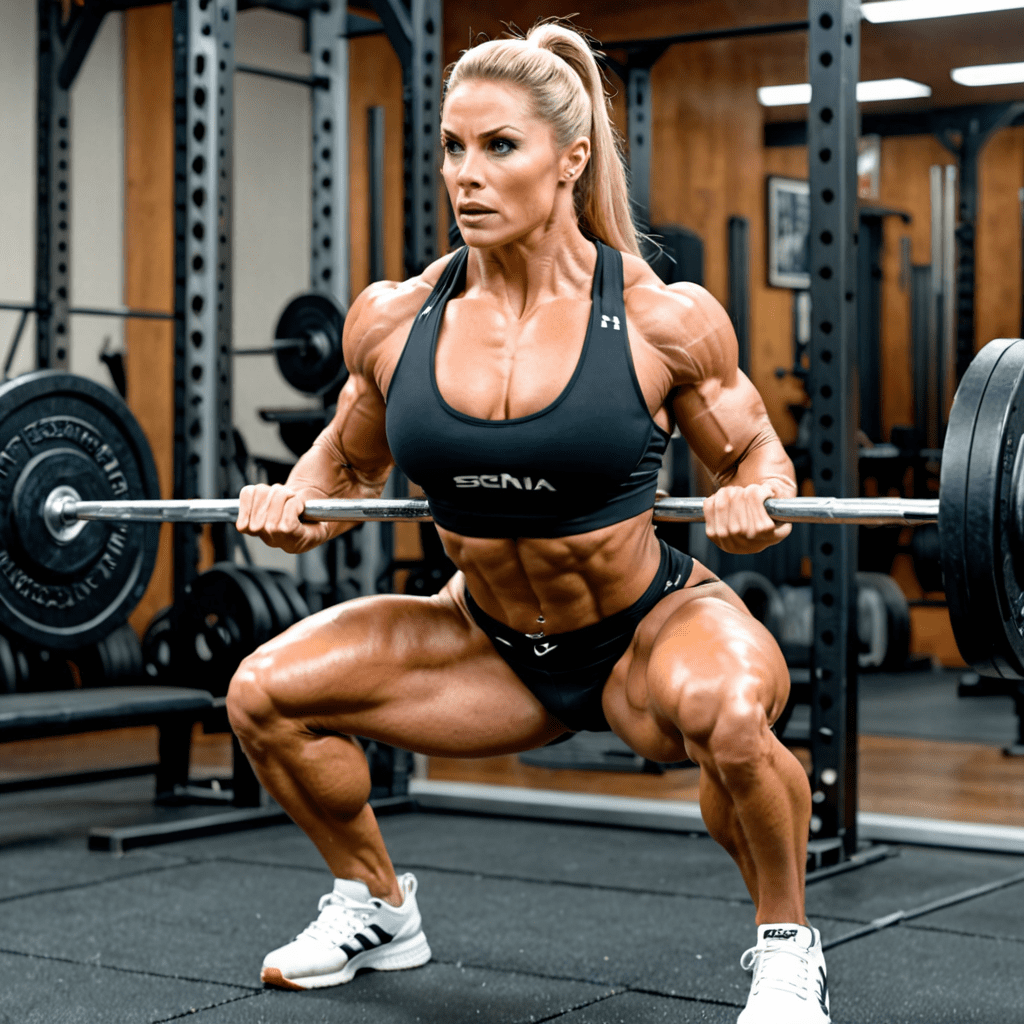
Introduction
A vegan diet, characterized by the exclusion of all animal products, has emerged as a topic of interest for endurance athletes seeking to optimize their performance. While traditionally associated with vegetarianism, veganism takes it a step further by eliminating not only meat, poultry, and fish but also dairy, eggs, and honey. Despite the absence of these traditional sources of protein and other nutrients, a well-planned vegan diet can provide the necessary components for enhancing athletic endurance. This article delves into the nutritional foundation of a vegan diet and explores its potential benefits for endurance athletes.
Nutritional Foundation of a Vegan Diet
At its core, a vegan diet relies on plant-based sources for all nutrients. Whole grains, legumes, fruits, and vegetables form the cornerstone of a vegan diet, offering a rich array of carbohydrates, protein, fiber, vitamins, and minerals. Whole grains, such as brown rice, quinoa, and oatmeal, provide sustained energy release, while legumes, including beans, lentils, and chickpeas, are excellent sources of protein and fiber. Fruits and vegetables offer an abundance of vitamins, minerals, and antioxidants, essential for maintaining overall health and well-being.
Carbohydrates and Endurance Performance
Carbohydrates serve as the primary fuel source for endurance activities. A vegan diet provides ample opportunities to consume complex carbohydrates from whole grains, legumes, and vegetables. These complex carbohydrates are digested and absorbed more slowly, providing a steady stream of energy over a prolonged period, reducing the risk of glycogen depletion and fatigue during endurance events. Additionally, the high fiber content in vegan foods promotes satiety, helping athletes feel fuller for longer and maintaining stable blood sugar levels.
Protein for Muscle Recovery and Growth
Protein is crucial for muscle recovery and growth, particularly after intensive endurance exercise. While vegan diets exclude animal-based protein sources, there are numerous plant-based alternatives available. Legumes, tofu, tempeh, and seitan are all excellent sources of complete protein, meaning they contain all the essential amino acids required by the body. Combining various plant-based protein sources throughout the day ensures that athletes consume a sufficient amount of the building blocks necessary for muscle repair and adaptation.
Essential Fatty Acids for Energy Metabolism
Essential fatty acids, specifically omega-3 and omega-6 fatty acids, play a vital role in energy metabolism and inflammation reduction. Vegan diets may be lower in omega-3 fatty acids compared to diets that include fish, but they provide ample sources of omega-6 fatty acids from nuts, seeds, and plant-based oils. Balancing the intake of omega-3 and omega-6 fatty acids is essential for maintaining optimal health and performance.
Vitamins and Minerals for Optimal Function
Fruits, vegetables, and fortified dairy alternatives provide a wealth of vitamins and minerals essential for endurance athletes. Vitamin C, found in citrus fruits and berries, supports the immune system and aids in iron absorption. Vitamin D, often obtained from fortified plant-based milks, is crucial for bone health and muscle function. Iron, abundant in beans, lentils, and leafy green vegetables, is vital for oxygen transport throughout the body. Other electrolytes, such as sodium, potassium, and magnesium, play a significant role in hydration, muscle contraction, and recovery.
Hydration and Electrolyte Balance
Hydration is paramount for endurance athletes, and a vegan diet can support this need. Fruits and vegetables, such as watermelon, cucumber, and spinach, are rich in water and electrolytes. Additionally, vegan athletes should consider consuming electrolyte-rich beverages before, during, and after workouts to replenish lost fluids and electrolytes.
Performance Considerations
While a vegan diet can provide the necessary nutrients for endurance performance, certain considerations are essential. Plant-based proteins are generally less bioavailable than animal-based proteins, meaning that a higher intake may be required to meet the same protein needs. Endurance athletes following a vegan diet should prioritize protein intake at each meal and consider adding protein supplements, such as pea protein or brown rice protein, to boost their intake. Additionally, vitamin B12 is not naturally found in plant foods, so vegan athletes must ensure adequate intake through fortified foods or supplements.
Sample Meal Plan for Endurance Athletes
A well-balanced vegan meal plan for endurance athletes should include a variety of nutrient-rich foods from each food group. Here's a sample meal plan:
- Breakfast: Oatmeal with berries, nuts, and chia seeds
- Lunch: Lentil soup with whole-wheat bread and a side salad
- Dinner: Tofu stir-fry with brown rice and steamed vegetables
- Snacks: Fruit, trail mix, or hummus with vegetables
Conclusion
A well-planned vegan diet can provide the necessary nutrients to support and enhance athletic endurance. By focusing on a variety of plant-based foods rich in carbohydrates, protein, essential fatty acids, vitamins, and minerals, vegan athletes can fuel their bodies for optimal performance. With careful planning and attention to certain considerations, a vegan diet can be an effective and ethical choice for endurance athletes seeking to optimize their performance.
FAQ
Q1: Is a vegan diet suitable for all endurance athletes?
A: A vegan diet can be suitable for endurance athletes with careful planning and attention to nutrient intake. It's essential to ensure adequate protein, vitamin B12, and omega-3 fatty acid intake.
Q2: How do vegan athletes meet their protein needs?
A: Vegan athletes can meet their protein needs through a variety of plant-based sources, such as legumes, tofu, tempeh, and seitan. Combining different protein sources throughout the day helps ensure adequate intake of essential amino acids.
Q3: Are vegan diets high in carbohydrates?
A: Yes, vegan diets are generally high in carbohydrates from whole grains, legumes, and vegetables. These complex carbohydrates provide sustained energy release, reducing the risk of glycogen depletion during endurance events.
Q4: How do vegan athletes stay hydrated?
A: Hydration is crucial for endurance athletes, and vegan athletes can stay hydrated by consuming plenty of water, fruits, and vegetables, as well as electrolyte-rich beverages.


